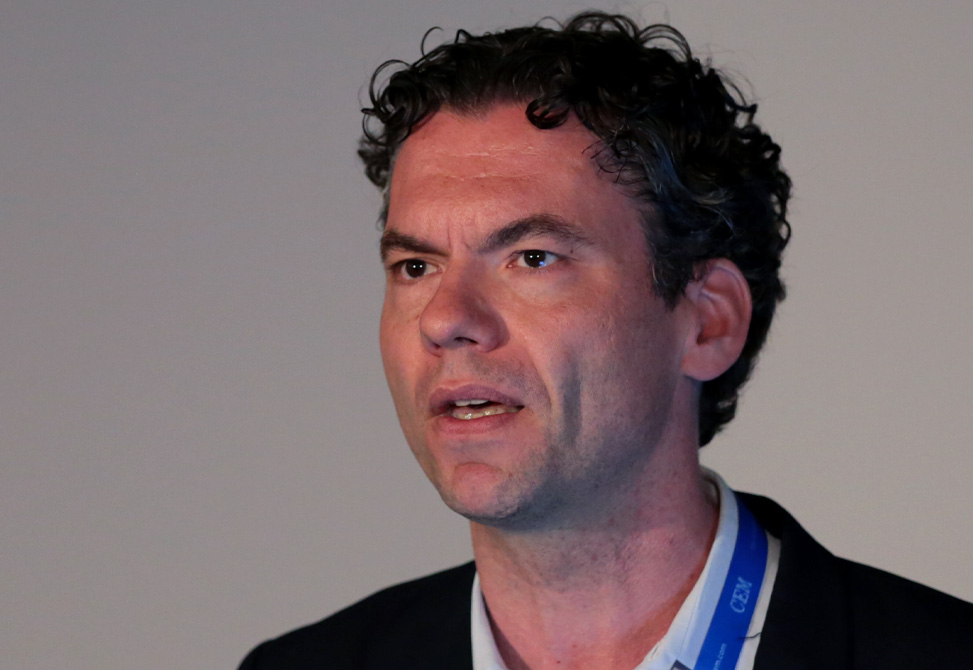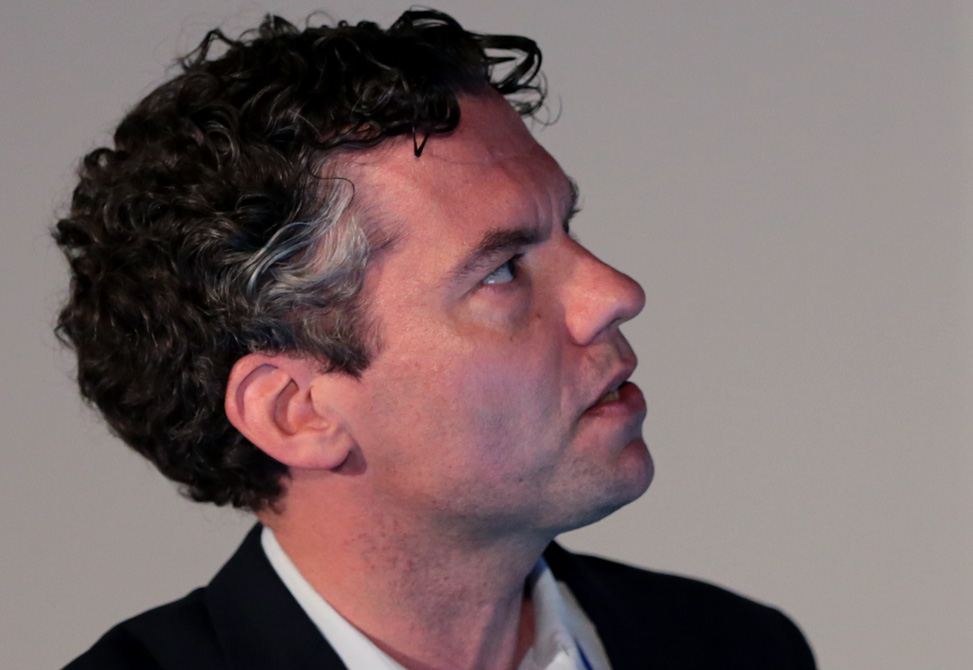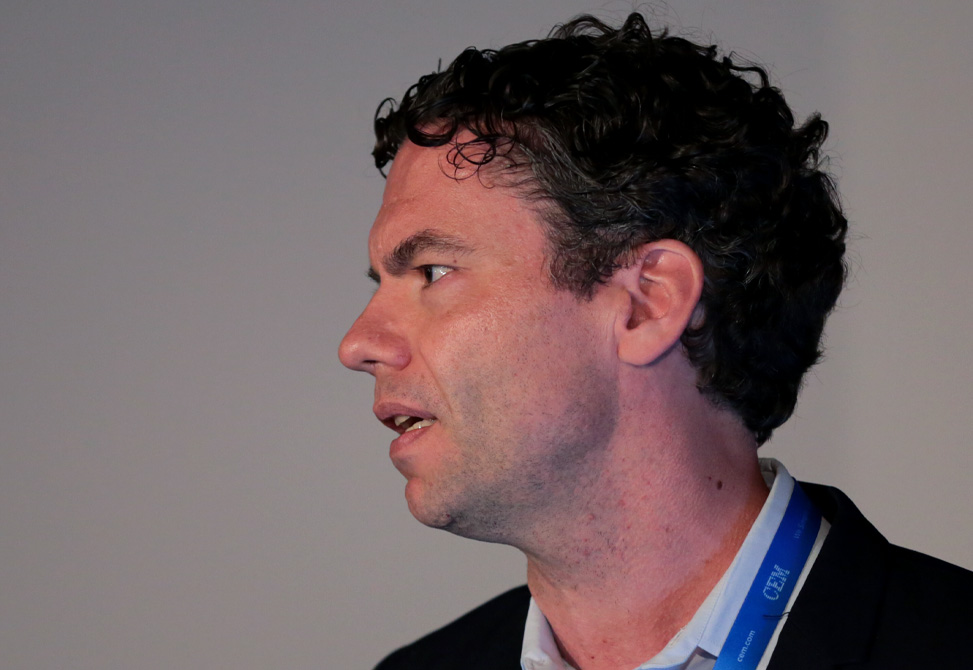Christian Hackenberger
FMP Berlin
Talk Session: SESSION 5: PEPTIDE AND PROTEIN CONJUGATES
Date: Monday, June 13, 2022
Talk Time: 10:45 am - 11:10 am
Talk Title: Coming Full Circle: Peptide-Conjugates for Intracellular Protein and Antibody Delivery
In the densely packed world of a cell, many signaling pathways that support healthy functioning and are disrupted in disease are controlled by the modification of proteins. The most common of these functionalization events are phosphorylation and glycosylation, but increasingly other so-called post-translational modifications such as acetylation and methylation are being identified as important "toggle switches" in health and disease. Chemical biologists increasingly want to selectively control functionalization of proteins in the cell both to study the biological role of post-translational modifications and to decorate proteins with fluorescent moieties that permit their visualization, or molecular tags that allow a straightforward purification.
The Hackenberger laboratory constantly aims to identify new bioconjugation strategies that allow the functionalization of peptides and proteins, both on isolated biomolecules as well as in living cells and organisms. In this, our main focus is to apply these highly selective organic reactions together with other established chemoselective or biorthogonal reactions and biochemical methods to study functional consequences of natural protein modifications as well as to generate novel peptide- and protein-conjugates for pharmaceutical and medicinal applications.
Our lab aims to identify new chemoselective reactions for the synthesis and modification of functional peptides and proteins. We apply these highly selective organic reactions to study functional consequences of naturally occurring posttranslational protein modifications, PTMs, as well as to generate novel peptide- and protein-conjugates for pharmaceutical and medicinal applications.
In this presentation, I shall focus on the delivery of semisynthetic protein- and antibody-conjugates into living cells. Here, we employ cyclic as well as linear cell-penetrating peptides, CPPs, either to furnish cell-permeable protein conjugates or to enhance cellular uptake in the form of cell-surface bound CPP-additives. For protein modification, we use a combined approach of intein expression as well as recently developed bioorthogonal reactions and enzymatic ligations, for instance the so-called Tub-tag® labeling.
We apply this concept to generate cell-permeable nanobodies, that is, small antigen binding proteins that remain active within the reductive milieu inside living cells, as well as the subcellular targeting of protein conjugates and antibodies.







